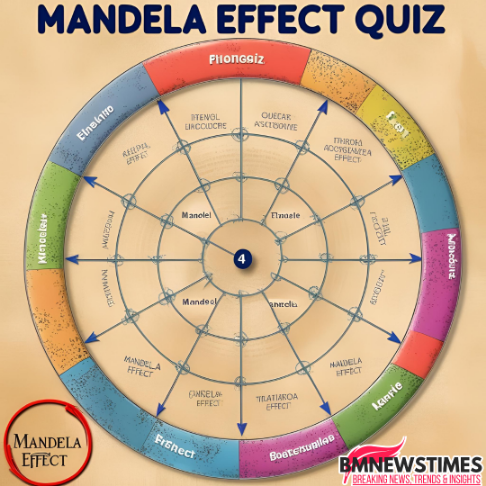Understanding the Mandela Effect Phenomenon
The Mandela Effect refers to collective false memories shared by large groups of people, named after Nelson Mandela’s death being misremembered by many. This psychological phenomenon has spawned countless online discussions and viral quizzes testing people’s perception of reality. According to Scientific American’s research, these false memories often stem from cognitive biases and misinformation rather than parallel universes. Our Mandela Effect quiz will help you identify which commonly misremembered facts have tricked your brain, while explaining the psychological mechanisms behind each example. Prepare to question everything you thought you knew about pop culture, history, and brand logos.
How to Take Our Mandela Effect Quizs Effectively
Before beginning any Mandela Effect quiz, clear your mind of preconceptions and trust your first instinct. These quizzes work best when answered quickly without overthinking, as hesitation often leads to rationalizing false memories. The American Psychological Association suggests our brains frequently fill gaps in memory with plausible fabrications. As you progress through our Mandela Effect quizs questions, note which answers surprise you most – these reveal your personal susceptibility to certain types of false memories. Remember, there are no right or wrong answers in the traditional sense, only revelations about how your memory compares to documented reality.

Classic Mandela Effect Quizs Questions and Answers
Some examples appear in nearly every Mandela Effect quiz due to their widespread misremembering. “Luke, I am your father” is actually “No, I am your father” in Star Wars. The Monopoly Man never wore a monocle, despite 57% of people remembering otherwise according to YouGov surveys. Fruit of the Loom’s logo never contained a cornucopia, though thousands swear it did. These examples demonstrate how our Mandela Effect quizs can reveal startling gaps between collective memory and verifiable facts. The more examples you get “wrong,” the more you’re experiencing this fascinating psychological phenomenon firsthand.
Disney Mandela Effect Quiz: Animation Misremembered
A specialized Disney Mandela Effect quizs reveals how even beloved childhood memories can be unreliable. Many remember the Queen saying “Mirror, mirror on the wall” in Snow White, but the actual line is “Magic mirror.” In Aladdin, Genie never says “Aladdin, your wish is my command” – another invented memory. Disney Archives confirm these discrepancies, showing how our brains rewrite even the most familiar stories. These animation false memories prove particularly powerful because we often experience them young and repeatedly, creating strong but inaccurate neural pathways.
The Science Behind Mandela Effect Quizs Results
Neurologists explain Mandela Effect quizs results through concepts like confabulation and schema-driven memory errors. The National Institutes of Health reports our brains constantly reconstruct memories rather than playing them back perfectly. When taking a Mandela Effect quizs, you’re essentially testing your brain’s tendency to create plausible narratives that differ from reality. Strong emotional connections to certain memories (like childhood cartoons) make us more susceptible to these false recollections. Understanding this science makes the Mandela Effect less about alternate realities and more about fascinating cognitive quirks we all share.
Creating Your Own Mandela Effect Quizs
After taking our Mandela Effect quizs, you might want to create your own. Focus on areas where collective false memories commonly occur: brand logos, movie quotes, historical details, and song lyrics. The Journal of Applied Research in Memory and Cognition suggests using examples with slight variations rather than complete fabrications. Test your quizs on friends before sharing widely – the best Mandela Effect quizs questions consistently fool about 30-60% of people. Remember to include verified answers with sources to avoid spreading actual misinformation under the guise of testing false memories.
Mandela Effect Quizs TikTok Trends
TikTok has popularized short-form Mandela Effect quizs content, with creators testing reactions in real time. The platform’s 2023 Culture Report showed Mandela Effect quizzes gaining millions of views under #FalseMemoryChallenge. These viral formats often focus on visual examples like the incorrect memory of Pikachu having a black-tipped tail. The immediacy of TikTok reactions provides raw data on how widespread certain false memories are across generations. While entertaining, experts warn these snippets often lack proper context about why we experience these memory glitches.
Philippines Mandela Effect Quizs: Cultural Variations
Regional Mandela Effect quiz versions reveal how culture shapes our false memories. In the Philippines, many misremember local celebrity deaths or television show endings differently. A 2022 study by the University of the Philippines found country-specific examples work better than global ones for local populations. This suggests our Mandela Effect quiz experiences are partly shaped by our cultural touchstones and media consumption patterns. What seems universal in one country may not resonate at all in another, demonstrating the contextual nature of memory.
Mandela Effect Quizs in Education
Some psychology professors now incorporate Mandela Effect quizzes into memory studies courses. The American Psychological Association’s teaching resources recommend these exercises to demonstrate reconstructive memory principles. Students often report higher engagement with these real-world examples compared to textbook theories. When creating academic Mandela Effect quizzes, educators emphasize distinguishing between false memories and factual errors to maintain scientific rigor. This application shows how viral internet phenomena can become valuable teaching tools when properly framed.

FAQs About Mandela Effect Quizzes
What’s the most common Mandela Effect quizs answer people get wrong?
The Berenstain Bears name (often remembered as Berenstein) tops most surveys of widespread false memories.
Can Mandela Effect quizzes prove parallel universes exist?
No credible scientific evidence supports this – psychologists attribute the effects to known memory fallibilities.
Why do Disney examples feature so heavily in Mandela Effect quizzes?
Childhood exposure and emotional connections make these memories particularly susceptible to alteration.
How accurate are online Mandela Effect quiz results?
Quality varies – look for quizzes citing verifiable sources rather than just collecting user votes.
Can taking Mandela Effect quizzes improve my memory?
While they won’t strengthen recall, they increase awareness of how memory can deceive us.
Conclusion: What Your Mandela Effect Quiz Results Mean
Whether you aced or failed our Mandela Effect quiz, remember that these false memories are completely normal neurological occurrences. For more fascinating psychology content, visit BM News Times.







